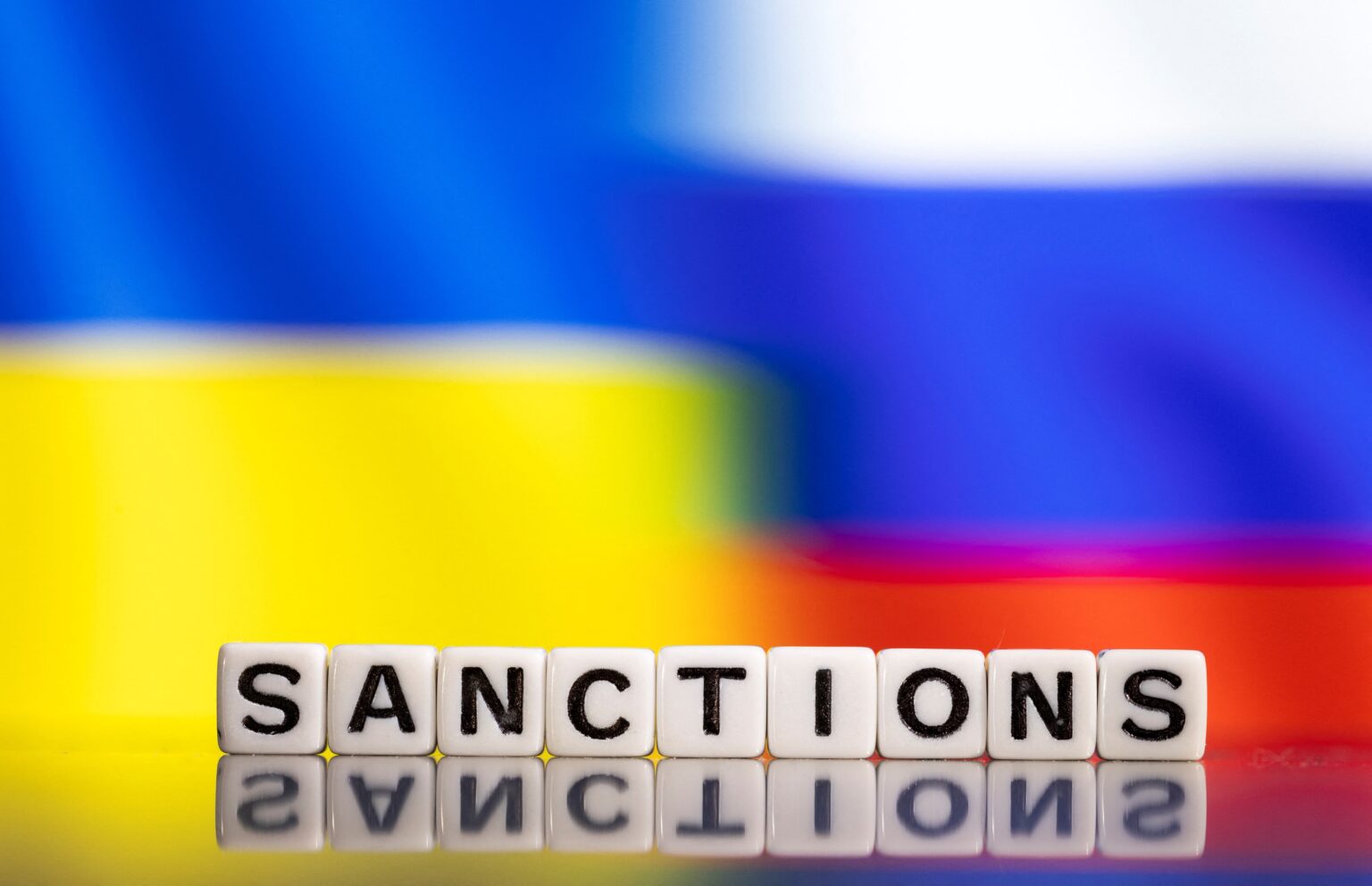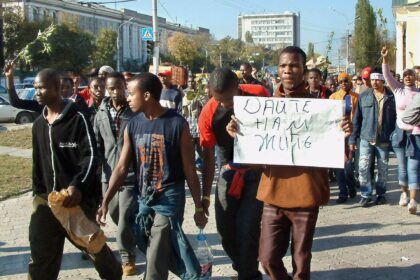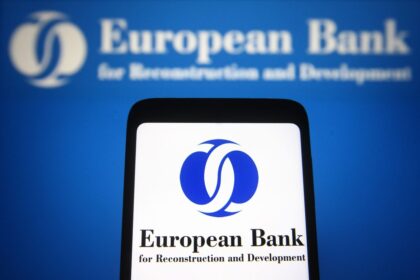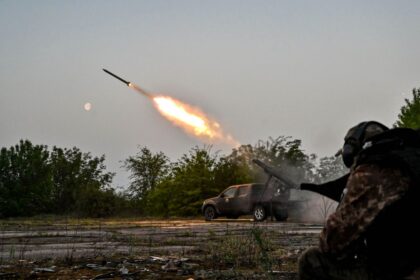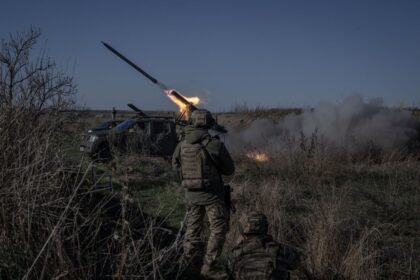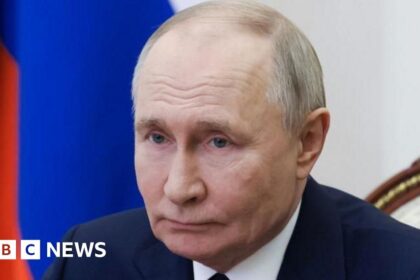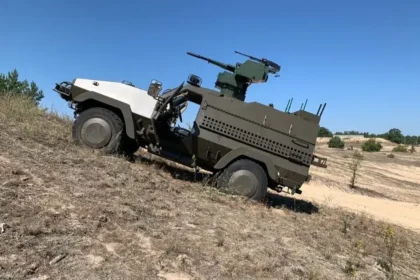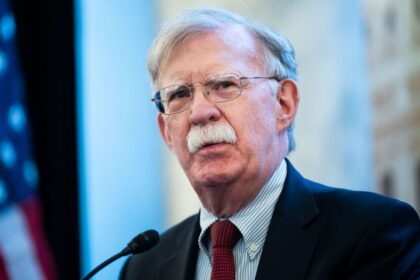**EU Intensifies Sanctions on Russia**
The European Union has taken a significant step to increase pressure on Russia over its invasion of Ukraine. On Tuesday, the EU adopted its 17th package of sanctions against Russia, targeting 75 entities and individuals. This brings the total number of listed entities and individuals to over 2,400.
**Targeting Russia’s Oil Exports**
One of the key measures in this new package is the addition of 189 shadow fleet vessels to the list, including 183 oil tankers. These vessels help Moscow evade Western sanctions by continuing to export crude oil. The EU has also listed several major Russian companies involved in these operations, including Surgutneftegaz and Insurance Joint Stock Company “VSK”. Additionally, four companies based in countries such as the UAE, Turkey, and Hong Kong have been targeted for their role in managing Russia’s shadow fleet.
**Striking at the Military-Industrial Complex**
The EU has also listed six Chinese companies that provide high-tech machine tools and critical components, including those used in drones. Furthermore, one Russian gold mining entity, Petropavlovsk, and an Israeli firm involved in sanctions circumvention have been added to the list. Stricter export restrictions will be imposed on 31 entities, with 13 from outside Russia and the EU.
**Combating Hybrid Threats**
The EU has taken steps to address hybrid threats by adding 27 entities and individuals to its sanctions framework for facilitating violence in the EU, Ukraine, and Africa. This includes a Turkish media entity, an individual involved in German demonstrations, and several individuals linked to activities in Africa. A new legal basis has been established for future sanctions targeting infrastructure, financial enablers, and propaganda outlets.
**Action on Chemicals and Human Rights**
The EU has also listed three Russian entities for producing riot control gas used in the battlefield and 28 listings for human rights abuses. This includes individuals involved in politically motivated trials, such as those against Russian opposition leader Alexei Navalny who died last year. Twenty judges and prosecutors have been targeted for their role in these cases.
**Commentary**
This latest round of sanctions is a significant escalation of the EU’s pressure on Russia. By targeting Russia’s oil exports and military-industrial complex, the EU is aiming to cripple Moscow’s ability to fund its invasion of Ukraine. The addition of entities from countries such as China, Turkey, and the UAE also reflects the EU’s growing recognition that this conflict is not just a bilateral issue between Russia and Ukraine but a global problem.
**Analysis**
The impact of these sanctions will likely be felt across various sectors, including oil, finance, and technology. As the EU continues to tighten its grip on Russia’s economy, it is essential for Moscow to reassess its strategy and consider alternatives to its current approach. The international community is also increasingly turning against Russia, with more countries adopting similar measures.
**What’s Next?**
The next few weeks will be crucial in determining the effectiveness of these sanctions. As the EU continues to refine its approach, it will be essential for businesses and individuals to adapt to the changing landscape. The stakes are high, but one thing is clear: the European Union is committed to supporting Ukraine and holding Russia accountable for its actions.
Read More @ www.reuters.com




